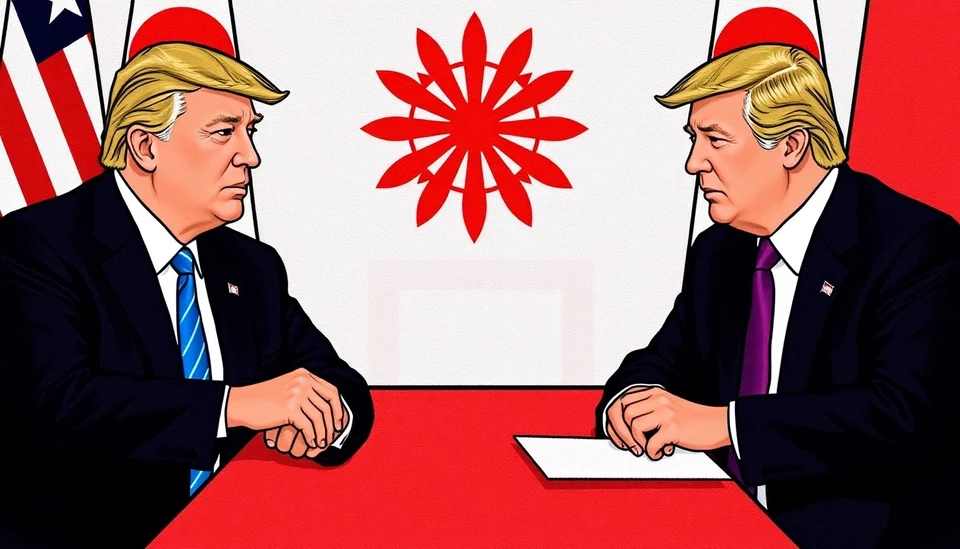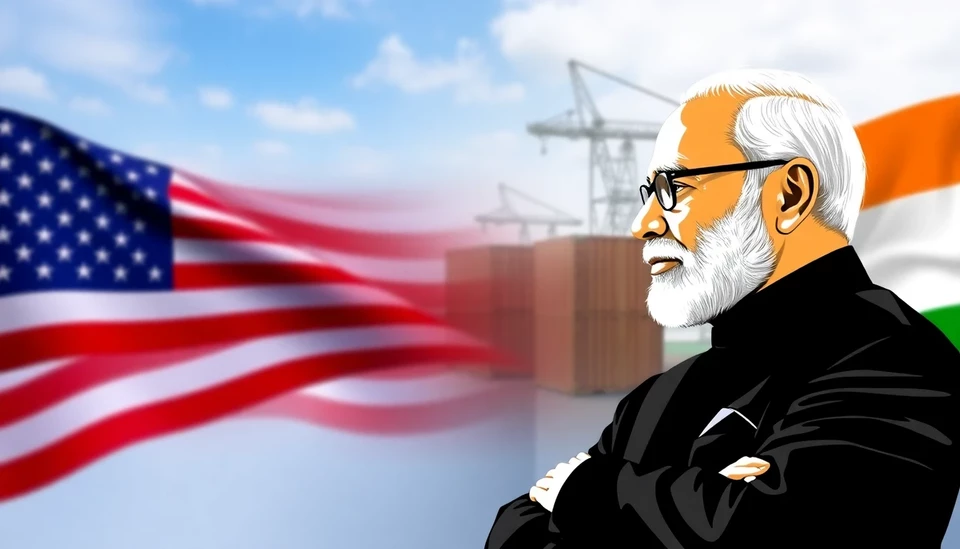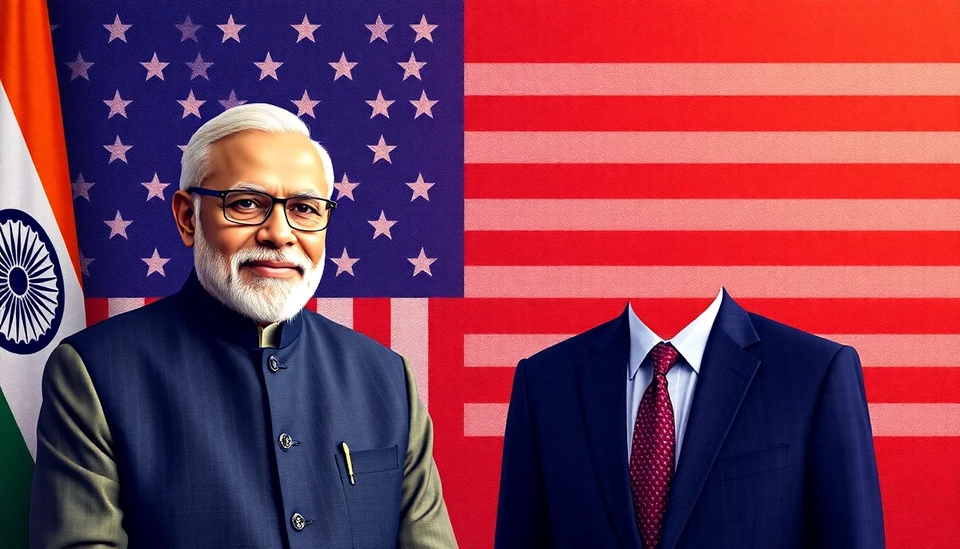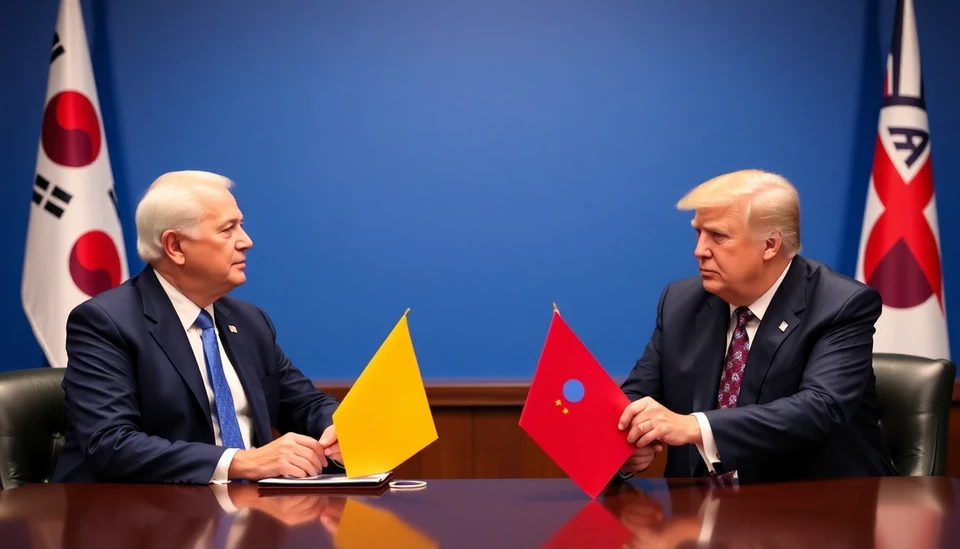
In a positive turn of events for international trade relations, German Finance Minister Christian Lindner has expressed newfound optimism regarding the prospect of a trade deal. He emphasized that this opportunity may arise within the next 90 days, following a period of strained trade negotiations and economic uncertainties. Lindner's statement marks a significant shift in tone and hints at possible progress in discussions that are crucial for both Germany and its international partners.
During a recent interview, Lindner noted that the European Union and major trading partners—including the United States and China—are keenly aware of the necessity for collaborative trade agreements. These agreements could play a vital role in enhancing economic stability and growth in the wake of global disruptions caused by the pandemic and ongoing geopolitical tensions.
Lindner also highlighted the importance of maintaining a pragmatic approach to trade negotiations, advocating for dialogues that go beyond tariffs and quotas. His comments come as the EU prepares to tackle various economic challenges and as member states seek to bolster their economies through renewed trade partnerships.
The potential for an agreement was further underscored by recent talks among EU leaders aimed at fostering a unified stance on trade policies. The urgency for a resolution stems from the need to address market instabilities and supply chain issues that have plagued multiple sectors. Lindner's perspective indicates that a reestablished focus on diplomacy and collaboration could pave the way for beneficial outcomes for all involved parties.
As discussions are expected to ramp up in the coming weeks, Lindner's optimism provides a glimpse of hope for businesses and industries that have suffered from trade disruptions. Both domestic and international stakeholders will be closely monitoring developments as the 90-day window unfolds.
Moreover, Lindner's statements reflect a broader strategy within the German government to advocate for sustainable economic policies that not only bolster trade but also align with environmental goals. This dual approach suggests that future agreements may also incorporate elements of sustainability and climate change mitigation, addressing the growing concern regarding the impact of trade on the environment.
In conclusion, Christian Lindner's remarks signify a pivotal moment for trade negotiations as the world looks toward economic recovery and stability. The next three months could be critical in shaping the future of trade relations between Germany, the European Union, and its global partners.
#TradeDeal #ChristianLindner #GermanFinance #InternationalTrade #EuropeanUnion #EconomicRecovery #Sustainability #GlobalBusiness
Author: Rachel Greene




